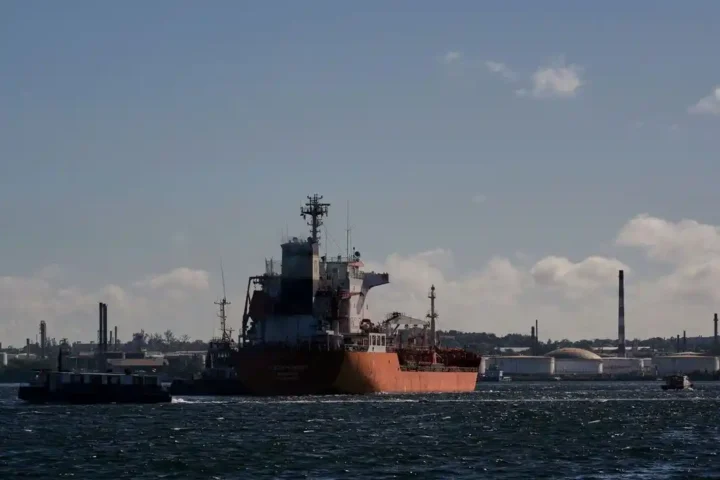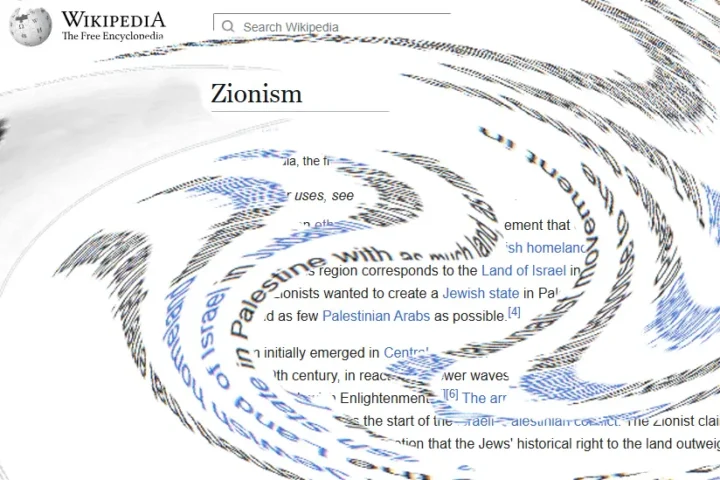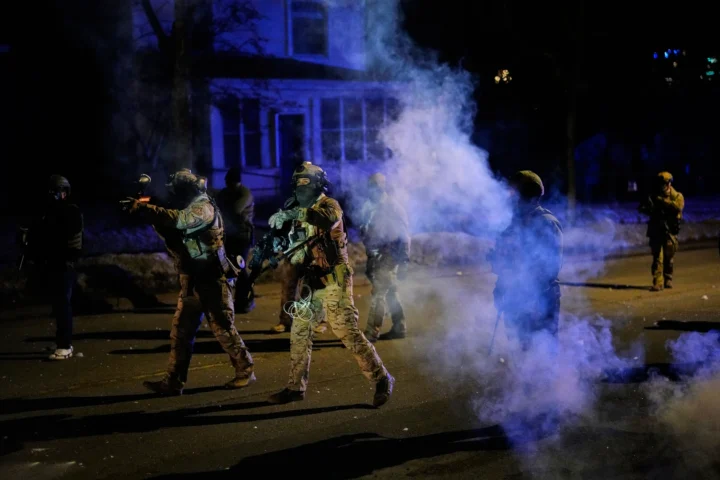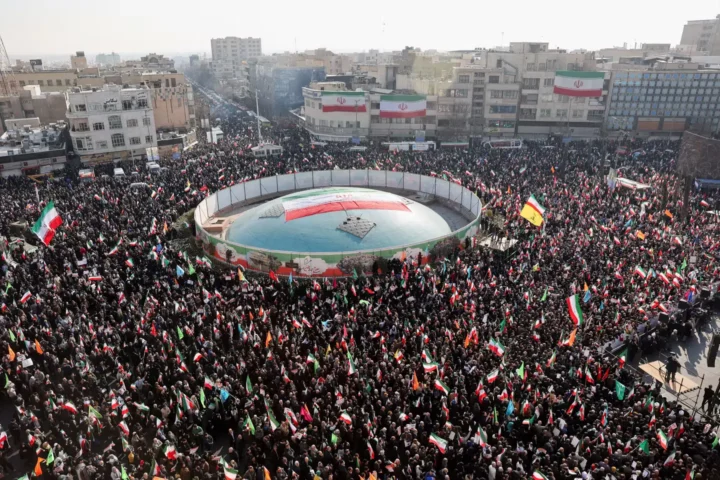As the world watches the destruction and displacement in Gaza unfold, Egypt has stepped forward with an alternative to the controversial vision set forth by U.S. President Donald Trump. In stark contrast to Trump’s proposal to depopulate Gaza and turn it into a so-called “Riviera of the Middle East”—a plan widely condemned as a war crime—Egypt is crafting a roadmap for reconstruction that preserves Palestinian sovereignty and dignity.
Egypt is developing a plan to rebuild Gaza, countering Trump’s plan to remove Palestinians https://t.co/DFzXVlNFYx
— TIME (@TIME) February 18, 2025
Egypt’s initiative, outlined in the state-run Al-Ahram newspaper, envisions the creation of “secure areas” within Gaza to temporarily house civilians while an international coalition embarks on a multi-year effort to rebuild the strip’s devastated infrastructure. Egyptian officials have been working closely with European and Arab partners, including Saudi Arabia, Qatar, and the United Arab Emirates, to secure funding and logistical support. Their goal is simple: to restore Gaza without forcing its people out.

This proposal is not merely about bricks and mortar—it is a direct refutation of Trump’s plan, which suggests forcibly displacing two million Palestinians while positioning the United States as Gaza’s new overlord. The world has already voiced its condemnation of such an approach. Egypt, Jordan, and Saudi Arabia have outright rejected any forced migration of Gazans, while European leaders have denounced the plan as a violation of international law. Yet, Israeli Prime Minister Benjamin Netanyahu has signaled his willingness to pursue Trump’s vision, further escalating tensions in the region.
The Egyptian plan, however, is rooted in pragmatism. The devastation of Gaza is staggering: over 250,000 homes and countless hospitals, roads, and power grids have been reduced to rubble. With damage estimated at $46 billion, a structured, long-term recovery process is the only viable path forward. Egypt’s blueprint outlines a three-phase approach, beginning with an early recovery period during which three designated safe zones will temporarily house displaced Palestinians. From there, reconstruction efforts will employ tens of thousands of Gazans, offering not only physical rebuilding but also economic revitalization.
Yet, the success of this effort hinges on an elusive political solution. The key question remains: Who will govern Gaza in the aftermath of reconstruction? Egypt’s plan calls for a Palestinian administration independent of both Hamas and the Palestinian Authority—a neutral governing body capable of overseeing rebuilding efforts without political entanglements. It also proposes a security force composed of former Palestinian Authority officers, reinforced with Egyptian- and Western-trained personnel. While Hamas has signaled willingness to relinquish control, Netanyahu’s rejection of both a Palestinian state and any PA involvement casts uncertainty over the future governance of the strip.
Despite these obstacles, Egypt’s plan has garnered backing from France and Germany, signaling potential Western support for a Gaza-first recovery model. Discussions among key Arab nations are underway, with a broader proposal expected to be presented at the upcoming Arab summit. Meanwhile, U.S. Secretary of State Marco Rubio has expressed openness to alternatives, suggesting that Washington may be willing to consider a more palatable solution than Trump’s widely rebuked proposal.
The road ahead is uncertain, but Egypt’s initiative offers something desperately needed: a framework rooted in stability rather than expulsion, reconstruction rather than erasure. While Trump’s vision imagines a Gaza without Palestinians, Egypt’s plan insists that the future of Gaza belongs to its people. The international community now faces a choice: will it back a plan that upholds Palestinian rights, or will it allow another chapter of displacement and dispossession to be written?
One thing remains clear—Gaza’s fate cannot be dictated by bulldozers and forced migrations. If peace is to have a chance, it must be built on the foundation of sovereignty, dignity, and the right of Palestinians to remain in the land they call home.











